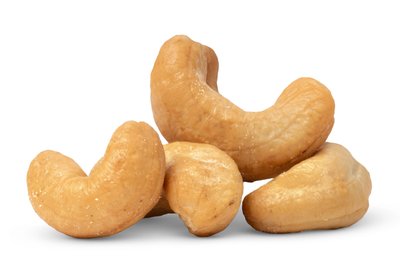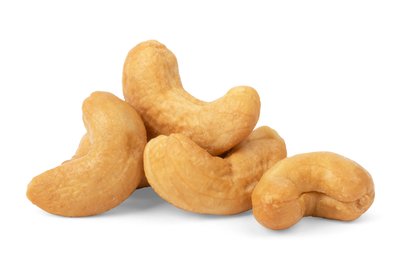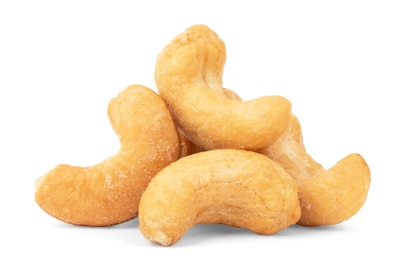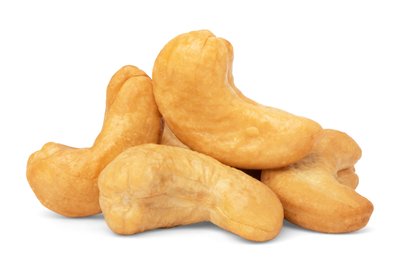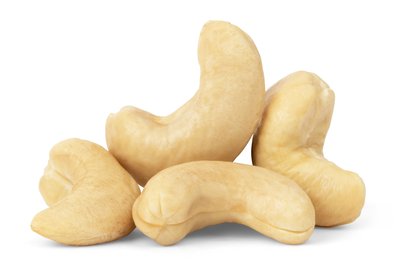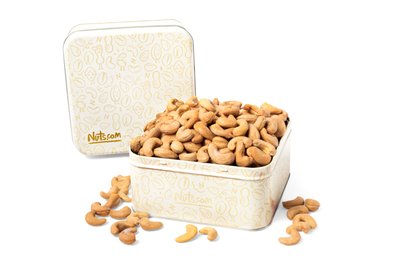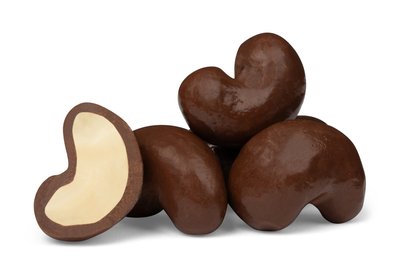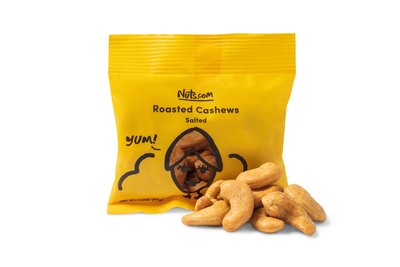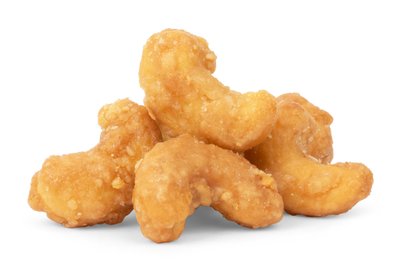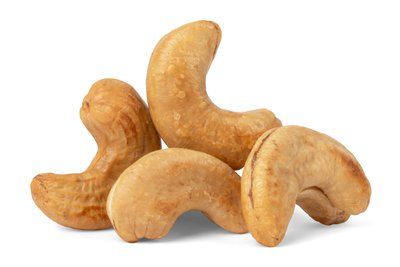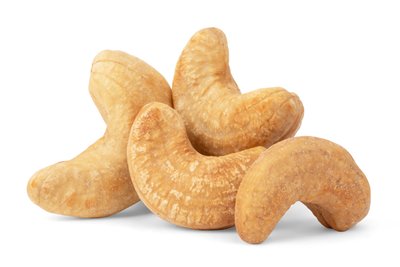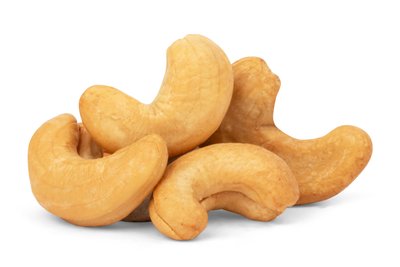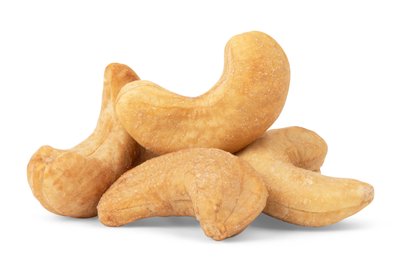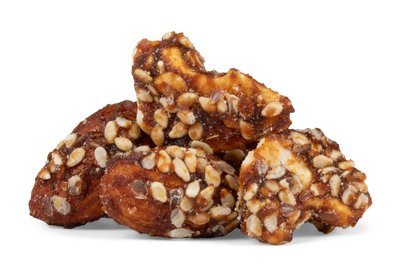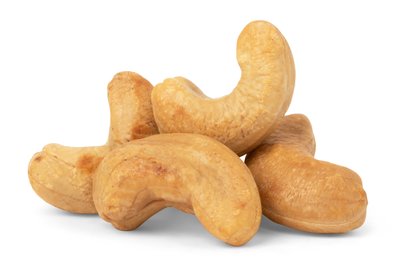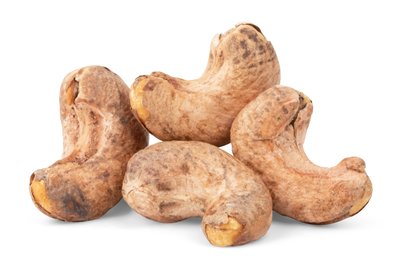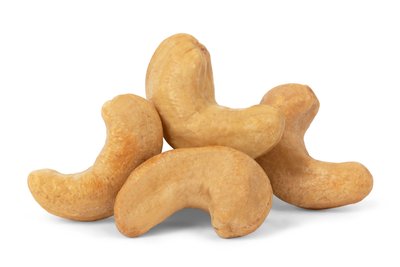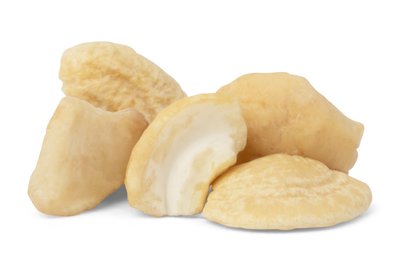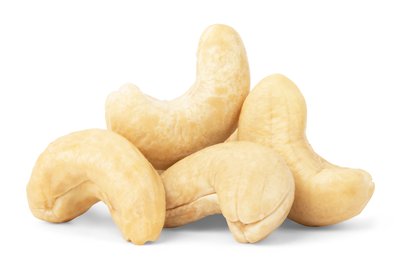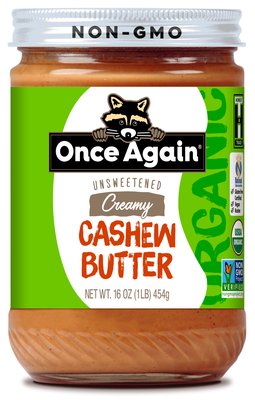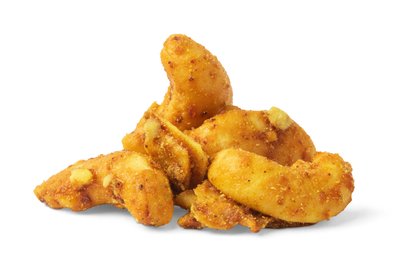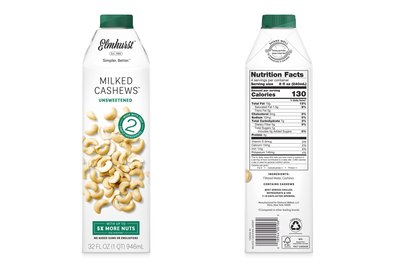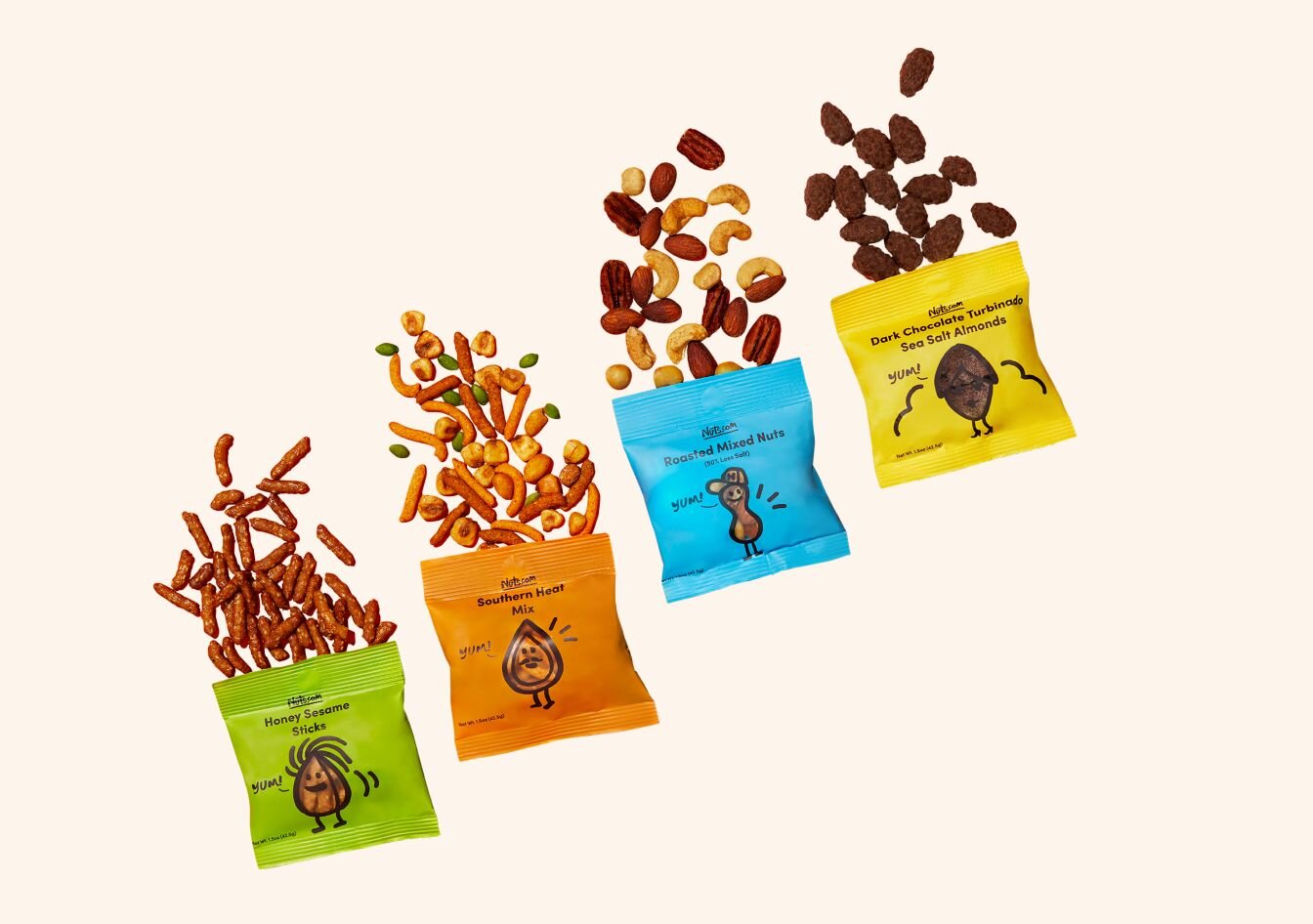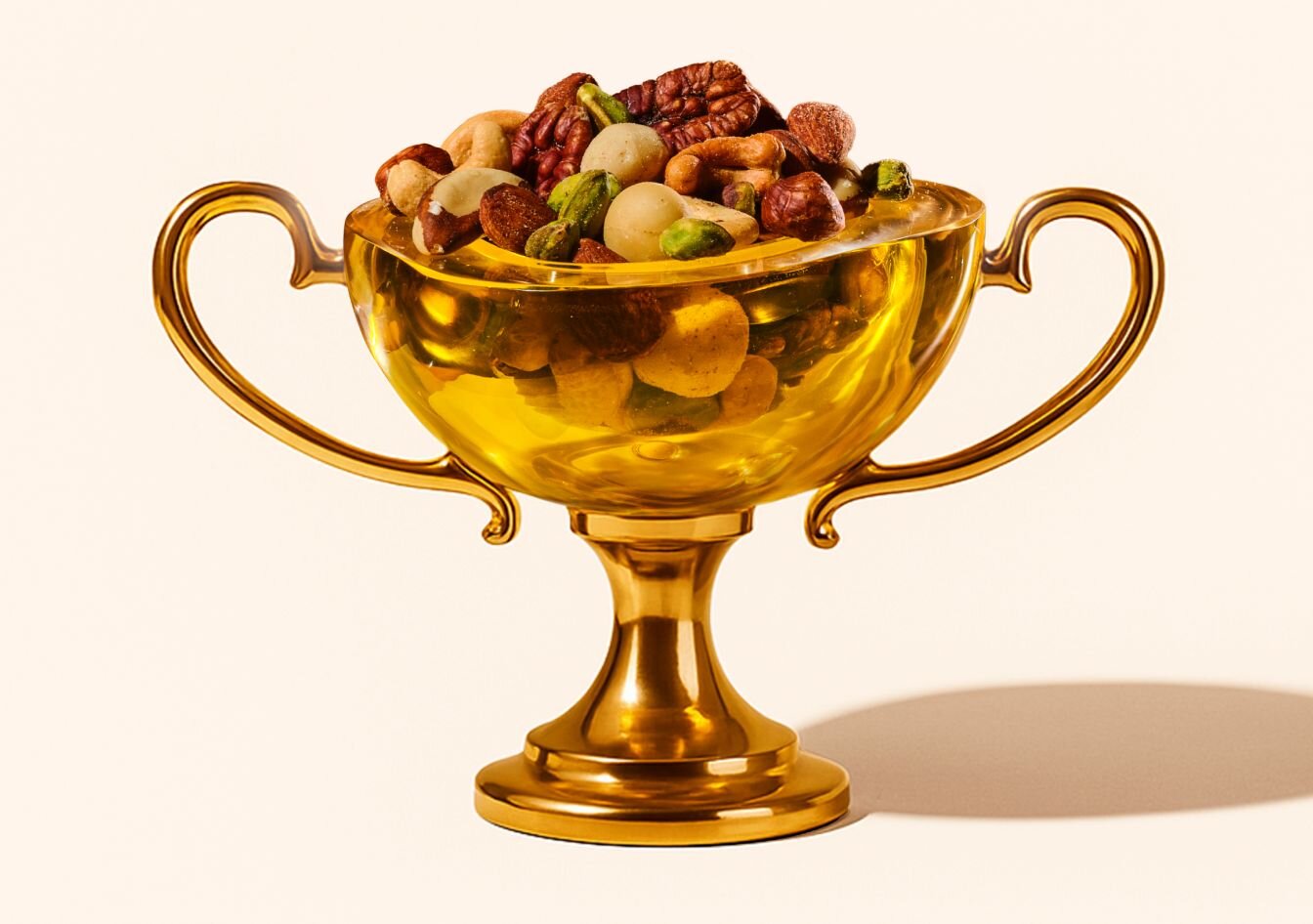- Gluten-Free
- Nuts
- Cashews
Gluten-Free Cashews
Sort by:
Our commitment to gluten-free products
While we’ve always sold naturally gluten-free products, we’ve gone a step farther to offer an even wider range of trusted, affordable, and certified gluten-free products.
- We analyzed ingredients, vetted suppliers, and got facility certificates ensuring non-contamination of ingredients and production aids.
- We completely segregated our production lines to eliminate any possibility of cross-contamination.
- We established policies and procedures to ensure compliance and randomly test products in our gluten-free production room.
- Not only do we voluntarily comply with USDA federal guidelines, but we’re also certified by the Gluten-Free Certification Organization.
- We show the GF logo on each product page that is gluten-free.
About Cashews
Cashews have a delicate nutty taste that works well in a variety of dishes including stir-fries, pastas, granolas, fruit salads, curries, and chicken dishes. They also make a healthy and delicious snack on their own, paired with tasty spices, or drenched in chocolate. Native to northeastern Brazil, cashew trees thrive in tropical climates and bear juicy, edible cashew apples, along with cashew nuts. Due to its delicate skin, the cashew fruit isn’t suited for transportation, and remains relatively unknown to America and Europe.
Cashews Nutrition
1) Oleic Acid: Cashews contain less fat than most nut varieties, and nearly 75% of it is heart-healthy monounsaturated fat. Cashews are rich in oleic acid, the same “good” fat found in olive oil. Studies show that increasing your levels of oleic acid can do wonders to protect your cardiovascular system. Low-fat diets supplemented with monounsaturated fat can help reduce triglyceride levels, LDL “bad” cholesterol, and lower your risk for heart disease.
2) All-Around Health Nut: Cashews provide an excellent source of nutrients. Just 1/4 cup of cashews provides over 35% of the Daily Value (DV) for copper and 25% DV for magnesium. Copper is involved in many important metabolic processes: it helps our bodies utilize iron, prevents free radicals from damaging cells, and supports the development of our bones and connective tissue. Magnesium is required for the body to absorb calcium and can reduce the risk of developing osteoporosis. Cashews are also rich in protein, antioxidants, and potassium.
3) Health and Longevity: A 2013 study published in the New England Journal of Medicine examined 76,464 women and 42,498 men and found that consumption of nuts such as cashews was inversely associated with total and cause-specific mortality. The study also found that eating nuts regularly can stave off weight gain. Previous studies have indicated that the high nutrient content of unsaturated fats, dietary fiber, vitamins, and minerals in nuts may help reduce the risk for chronic conditions such as cancer, diabetes, and heart disease.
How are cashews harvested?
Cashews come from the fruit of a tropical evergreen tree, which grows red flowers that turn into juicy cashew apples when they are ready to be harvested. The cashew nut is contained within the shell that grows from the fleshy stalk of the cashew apple. The process of removing the shell of the cashew nut is often labor-intensive because mechanical methods are difficult due to the fruit’s unique and varying shape. Sometimes the shells can be removed in a centrifugal cracking machine which breaks the shells open by forcing them against metal plates. Since the double shell surrounding the cashew contains urushiol, the same chemical found in poison ivy, both unroasted and roasted varieties are first steamed to release any chemicals left behind from the shell, to make them completely safe and edible.
Storage Tips
Cashews can be stored in the pantry and should be consumed within a few weeks because their high oil content makes them perishable. Cashews can be kept in an airtight container for up to six months in the fridge, or for up to one year in the freezer. If you plan to store cashews for longer than one month, they should be transferred to an airtight container or kept in their original package and placed in a freezer bag.
We also carry wholesale cashews.


